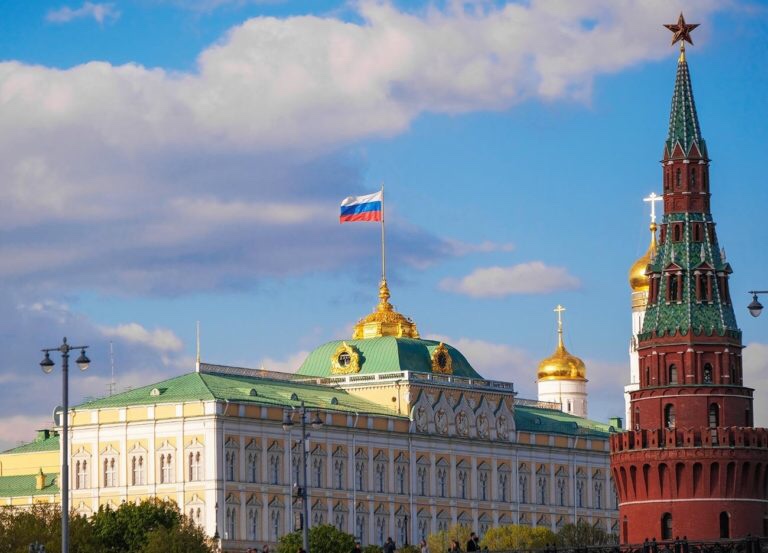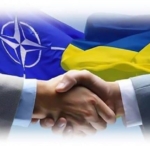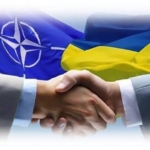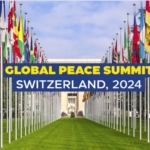Hatred of the world, aggression against others, waiting for exposure, fear of punishment and horror of imminent retribution are the reasons for a serious illness called the “Kremlin burnout”.
The symptoms of the chronic stage of this disease are manifested in complete loss of connection with reality, denial of proven facts, anxiety, anger, resentment.
The “Kremlin burnout” is an occupational disease. The risk group of this disease belongs exclusively to neo-fascist politicians. However, the carriers and vectors of the disease are representatives of only one state.
In modern society, the Kremlin-burnout syndrome is more often than not observed at major international meetings. The UN General Assembly, for instance, the world’s main political platform.
Russia is afraid of UN resolutions. Despite the fact that they are recommendatory (just like PACE resolutions) and by no means mandatory, these documents have an international status – they clearly reflect the position of the majority of states on the planet and provide the guidelines for all others.
One has to admit that Moscow has made substantial progress in incorporating psychology in its foreign policy. It applies to both information and psychological operations against its adversaries (whereas it has no allies) as well as hybrid operations – using blackmail, pressure and corruption.
When it gets neither, the only thing left to do is to stage hysteria.
One has to admit though that Russia has become less successful lately. Accordingly, relapses occur more and more often.
When Moscow applied for a Security Council briefing on 18 February, it was not at all concerned about the final settlement of the conflict in Donbas, where little if any progress was made throughout the last six years. The connotation of Moscow’s initiative is to use the UN platform to advocate its own vision and impose its own solutions, since the similar PACE operation has failed.
The Kremlin is not interested in any compromise. The Russian President Vladimir Putin will accept the Minsk agreements only in case they are implemented under his own terms. At some stage Moscow managed to squeeze some quite convenient provisions for itself into the said agreements, whereas their implementation stage was left somewhat blurred. Hence its confidence that the agreements should be implemented in the sequence first and foremost favorable for itself. This is the main foundation for Russia’s speculation on the peaceful settlement of the conflict. And the order in which the provisions are implemented determines everything.
The lack of clear chronology is perceived by the Russian counterpart as the right to a “selective” compliance with the Minsk agreements and their liberal interpretation.
In turn, Kiev is not satisfied with the order of implementation of the “Minsk” items, namely those of holding elections before the establishment of control over the occupied territories and the state border. This is exactly the basic prerequisite for the political process, including the elections.
Ukraine insists that the political package of the Minsk agreements will be possible to carry out only after the security component is implemented under the mandatory OSCE monitoring.
The Kremlin interprets such order as the revision of the agreements and strongly opposes it at all levels.
The Russian President spokesman Dmitry Peskov said that it is possible to amend the Minsk agreements only if Kiev works together with “experts” of L/DNR. Thus, Moscow is consistently nudging Kiev towards conducting direct negotiations with the fake republics not only on social and humanitarian issues within the framework of the TCG, but also on legal issues.
Moscow also insists the special status of Donbas is an ultimate condition for resolving the conflict, and Kiev is obliged to present the concept of making amendments to the relevant laws and set the timeframe for their adoption. Under the Kremlin’s logic Ukraine’s sovereignty over the uncontrolled territories will be restored only after these territories obtain their power bodies elected under the Ukrainian laws and the special status is enshrined in the Constitution, endowing them with the right to have their own people’s militia, prosecutors and courts.
Meanwhile the Kremlin keeps modest silence over the presence of its regular army units and security services in eastern Ukraine. This turns the elections into a fiction, since the entire process from the beginning of campaigning to the counting of votes will be under the close control of the Sochi and Davos “plumbers”. Their mastery of illusionists will provide Moscow with the result it needs even before the OSCE mission lays its eyes on it.
This course of events is totally unacceptable to Kyiv. By such a step the Kremlin is trying to legitimize the self-proclaimed “republics” it fully controls. And inability to change the Basic Law in order to please the aggressor country has been repeatedly emphasized by the former and current leadership of Ukraine and marked as one of the “red lines”.
Ukraine has done a lot to revive the Minsk process. Last year the “Steinmeyer formula” was signed, a ceasefire was unilaterally imposed and the forces were separated. However, this did not lead to reciprocal steps from Russia – the escalation of military clashes led to heavy losses of the Armed Forces of Ukraine.
The Permanent Representative of Ukraine to the UN Volodymyr Yelchenko said that Russia “is conducting a military operation in the occupied territories of Donetsk and Lugansk, as well as in the Crimea”, which is “an insurmountable obstacle to the implementation of the Minsk agreements.
That’s why Kyiv has recently started talking about finding another format of agreements. Alternatively, the introduction of peacekeeping forces in Donbas or the involvement of guarantor countries of Ukraine’s security under the Budapest Memorandum – Britain and the United States.
It should be noted that the United Nations has repeatedly called for respect of the sovereignty and territorial integrity of Ukraine within its internationally recognized borders and in accordance with General Assembly and Security Council resolutions.
The briefing of the UN Security Council should not be regarded as a sincere desire on behalf of the Kremlin to play a constructive role in resolving the military and political crisis in Ukraine, as it was triggered by the Kremlin. The PACE Tribunal has proved it.
The clinical stage of the “Kremlin burnout” occurs when shock and denial are replaced by unmotivated anger and uncontrolled aggression. The ungrounded euphoria from imaginary success brings the final rupture of neural chains, as a result the patient ceases to exist as a subject. He is unable to show understanding, but only emulate it. His behavior becomes dominated by twisted cynicism and pathological lies.
It’s the stage of complete unsuitability.
Trance, breathing exercises or prayer will be of no use in such situation. It is time for world community to recognize the uselessness of palliative care and to take drastic measures. The most effective way would be a complete isolation of the critically ill patient.
Source:https://intercourier.com.ua/politics/kremlin-burnout-syndrome-at-the-un/







